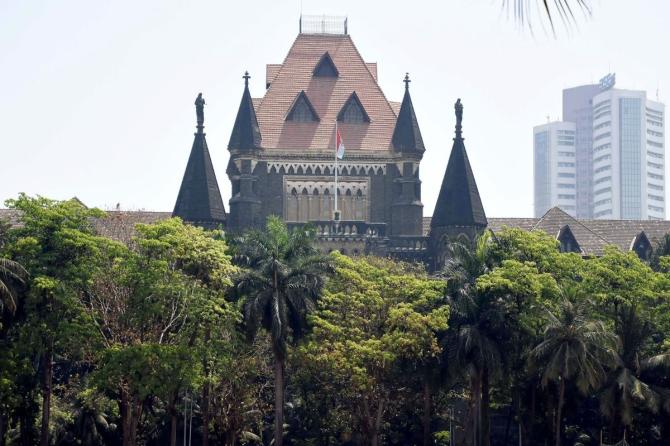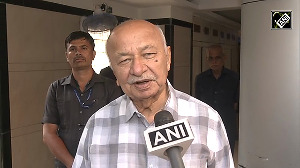The arrest of a person is drastic and done at a desperate stage, and hence, the police must follow all procedures prescribed in law, as it would otherwise amount to a violation of fundamental rights, the Bombay high court said while ordering the release of a man held in a cheating case.

A division bench of Justices Bharati Dangre and Manjusha Deshpande termed the man's arrest illegal, as the police had not informed him in writing of the grounds for it.
A copy of the judgement dated July 18 was made available on Monday.
The bench said the police must adhere to the mandate before arresting a person and noted that an arrest amounts to deprivation of a person's liberty.
"Since the arrest of a person is a drastic and desperate stage, it must be necessarily effected upon following the procedure prescribed in law," the court said.
The order was passed in a petition filed by one Mahesh Naik through his advocate, Rishi Bhuta, challenging his illegal arrest in a cheating case and seeking to be released.
Naik was arrested in February this year and is presently in judicial custody.
In the plea, Naik claimed at the time of his arrest, the police had not informed him of the grounds for the same as mandated under section 50 of the Code of Criminal Procedure.
The bench, in its order, said Article 22 of the Constitution of India clearly states that no person shall be arrested or detained without being informed of the grounds and shall not be denied the right to consult or be defended by a lawyer.
Section 50 of the CrPC corresponds to this fundamental right, the court said, adding that it was the right of an accused to be informed of the grounds of his arrest.
"Infraction of these fundamental rights have always been frowned upon by the Constitutional courts, and wherever necessary, for breach of the fundamental right, compensation has been granted," the court said.
It held that in the present case, it was evident that the grounds of arrest were not furnished to Naik in writing, and the relevant column in the arrest/surrender form was not filled.
The court said the petitioner's arrest was illegal and in gross violation of his fundamental rights and ordered his release.
The bench directed public prosecutor Hiten Venegavkar to furnish a copy of its order to the director general of police (DGP), who shall then circulate it to all additional director general of police and inspector general of police.
"The judgment shall then be circulated through the commissioner of police and superintendent of police to all officers exercising the power of arrest within their jurisdiction," the court said.










 © 2025
© 2025